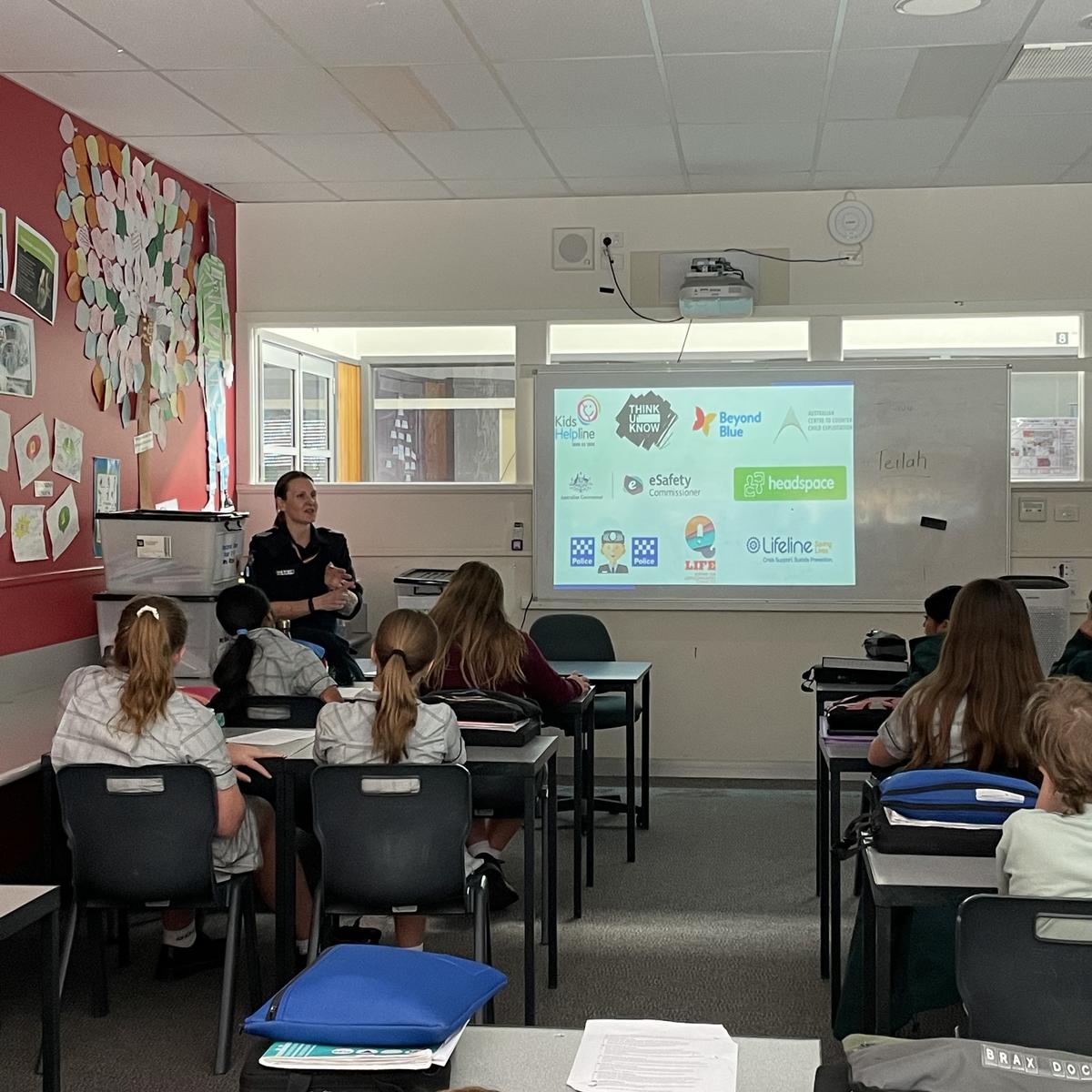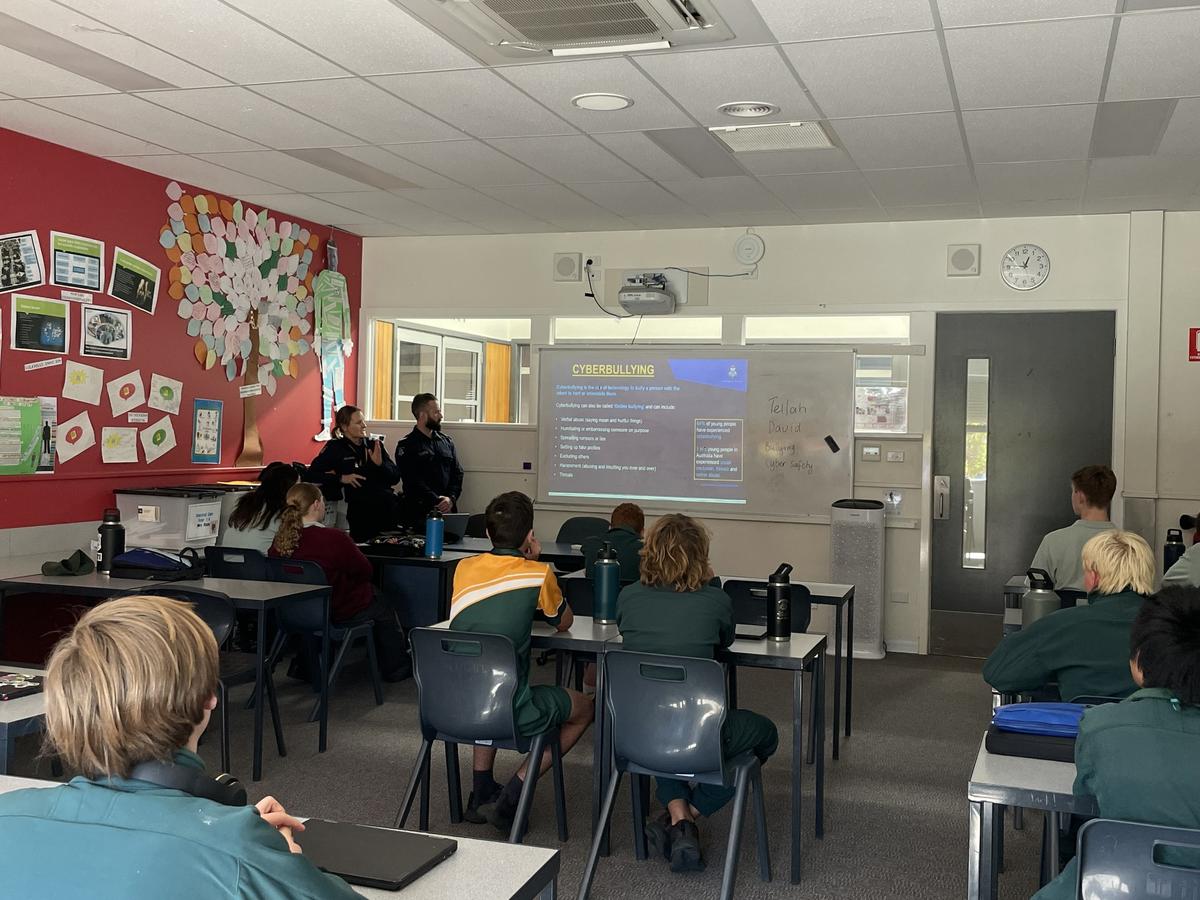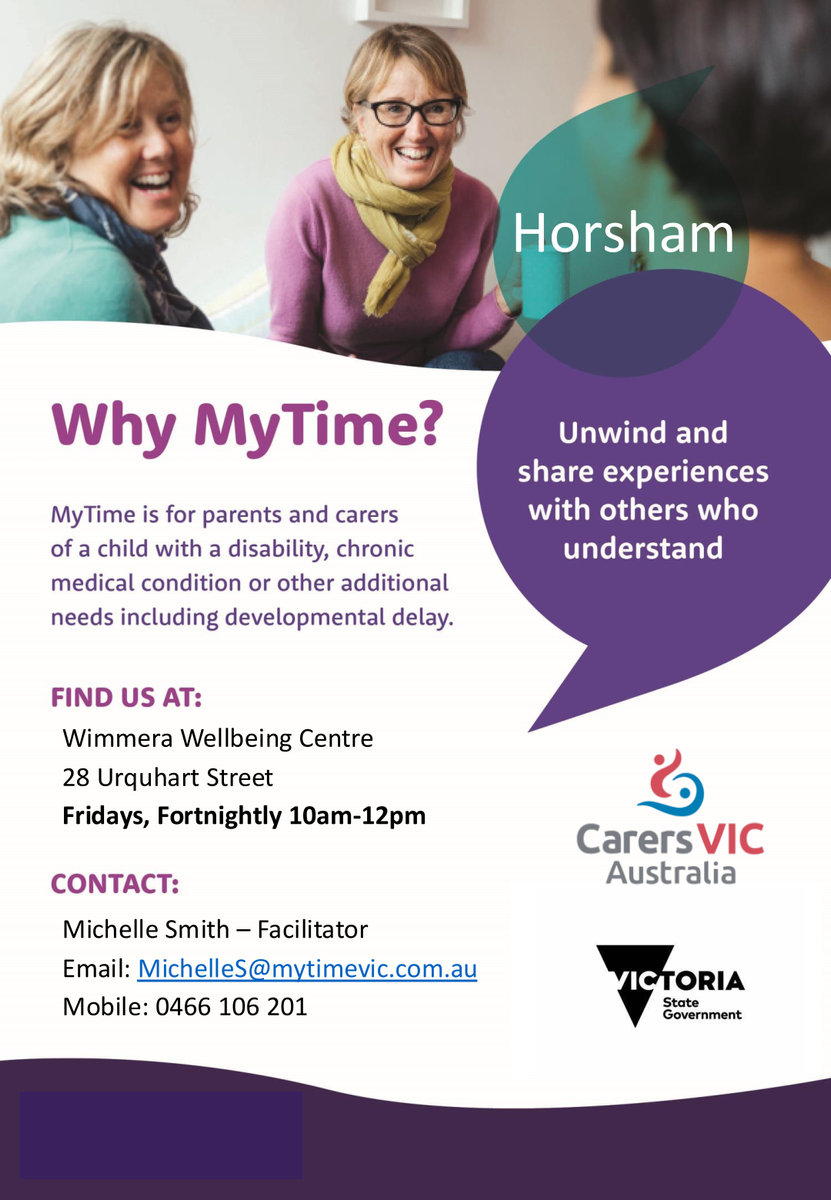Child Safety and Wellbeing

Child Safe Information
St Brigid’s College holds the care, safety and wellbeing of children and young people as a central and fundamental responsibility. Central to the mission of our Catholic schools in Horsham – St Brigid’s College and Ss Michael & John’s Primary School - is an absolute commitment to fostering the dignity, self-esteem and integrity of children and young people and providing them with a safe, supportive and enriching environment to develop spiritually, physically, intellectually, emotionally and socially.
At St Brigid’s College, the Victorian Catholic School Statement of Commitment to Child Safety reinforces our dedication to providing a safe and nurturing environment for every student. This commitment aligns with the 11 Child Safety Standards, guiding our policies, staff training, and student wellbeing programs to prevent harm and promote a culture of respect and protection. Through clear safeguarding procedures, active student voice, and strong community partnerships, we ensure that child safety remains a top priority, fostering an environment where all students feel safe, valued, and supported in their learning journey.
Our Child Safety Policy details and affirms the standards of behaviour expected for members of the St Brigid’s College community. All of our policies, including the Safeguarding Children and Young People Code of Conduct, can be found the Policies page on our school website. You can contact the Front Office if you have any queries, or would like to provide feedback, relating to child safe practices, or any other matters.
Cyber Safety In Focus
Recently, Year 7 and 8 students participated in valuable online safety sessions as part of their Pastoral Care classes. Led by Teilah and David from Horsham Police, the sessions focused on the key dangers young people face on the internet and social media today.
Students explored a range of topics including how to stay safe online, recognising and responding to cyberbullying, protecting personal privacy on social media, and identifying phishing scams and sextortion. The sessions also emphasised the importance of understanding digital footprints and the risks of chatting with strangers on gaming and social media platforms. Importantly, students were informed about where to seek help and how to report unsafe or concerning online behaviour.





